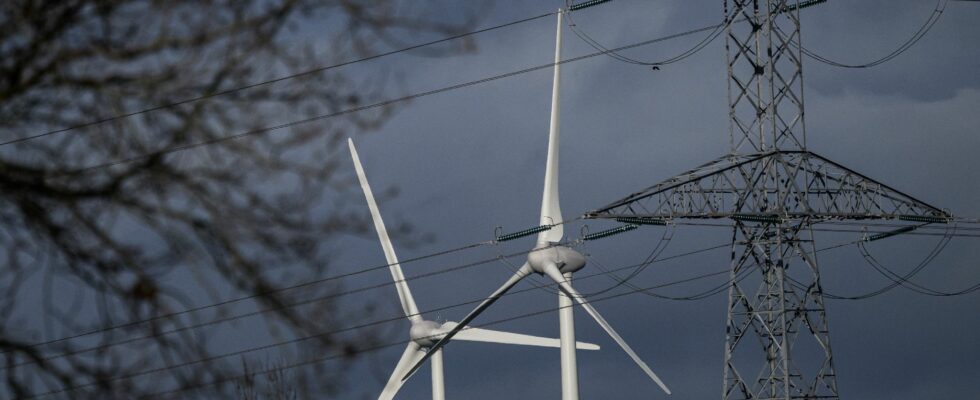In the debates on the essential energy transition to come, among the most striking points of confrontation, there is clearly the role and status of wind turbines in the production of electricity. The pros and the anti multiply libels and pamphlets, arguments and counter-arguments, to the point that it is difficult to form an opinion on the usefulness or the nuisances that their growing establishment can represent.
Cédric Philibert has formed an opinion and it is unambiguously in favor of wind turbines. Having worked for twenty years within the International Energy Agency, he now contributes to the thinking of various think tanks on energy issues. With Wind turbines, why so much hatred ?, he gives us a very robust plea in their favour. It combines figures on the costs and quantities of electricity produced with uncompromising responses to detractors, all driven by an obvious militant conviction. This conviction can sometimes give rise to a smile when he dismisses the criticism of the death of birds caught in the blades of wind turbines by affirming that on average, cats kill many more.
But his defense is not limited to more or less solid anecdotes. He argues, for example, that the enemies of wind turbines ignore, wittingly or not, the technical advances affecting them, such as their ever-increasing height, which allows them to access layers of the atmosphere where the winds are more powerful and more regular, or even the continuous reduction of the noise pollution that accompanies them.
Lots of progress to be made
He also points the finger at what he considers to be bad faith among the anti when the latter are indignant at their ugliness, as if a nuclear power plant were a pinnacle of architectural achievement. But, as the pages turn, one quickly gets the feeling that his support for wind turbines is based more on his rejection of other forms of energy than on their objective merits. The limits, and even the dangers, of fossil fuels are obvious, while in his eyes, the risks associated with nuclear power, however improbable they may be, are of such magnitude, not to mention the problem of waste treatment, that cannot constitute a solution. We come out of the reading of this rather short text doubtful.
While renewables, wind or solar, have undeniable advantages, the idea that the most decisive argument is that they are less harmful than oil, coal or nuclear, gives the impression that there are still many progress to be made in the use of wind to make it a systematic source of electricity production.
Wind turbines, why so much hatred?
By Cedric Philibert. Early mornings, 184 p., €18.
Rating 4/5
